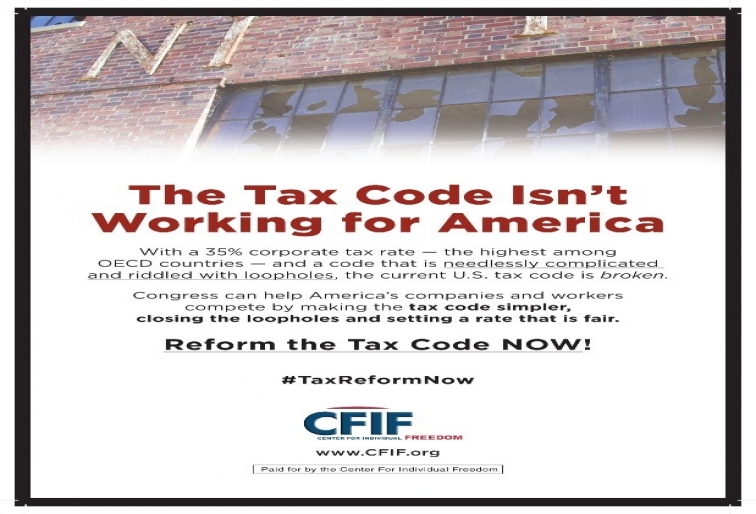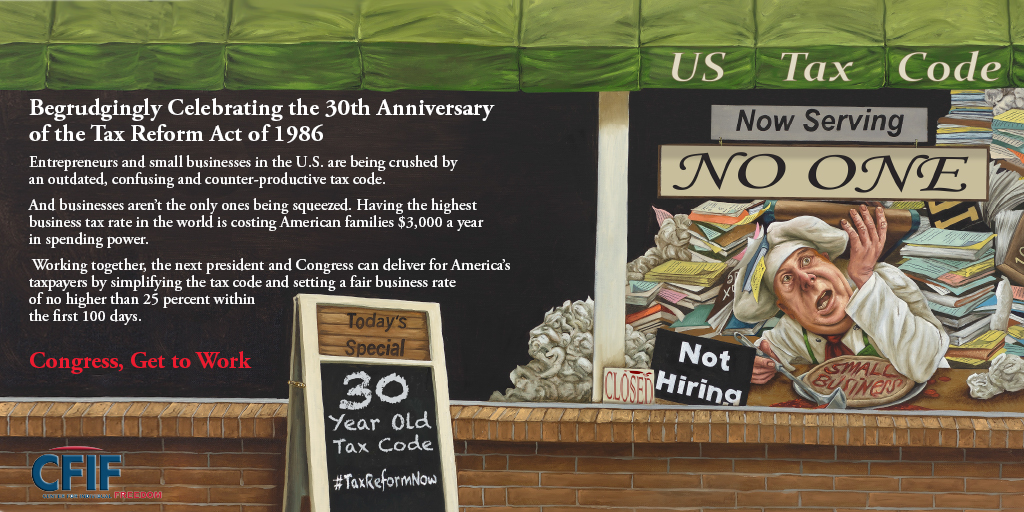Without Certificate of Need Laws, States Would Have More Hospitals
Last week was National Hospital Week, when we recognized and expressed our gratitude for hospitals, health care facilities and caregivers who provide vital health care services across the nation. National Hospital Week also serves as a reminder that antiquated and burdensome Certificate of Need (CON) laws create government red tape and needlessly empower unelected bureaucrats to limit access to care.
Recently, the Beacon Center of Tennessee released a report showing how, in the last two decades, CON laws have prevented up to 63 new hospitals in Tennessee and deprived Tennessee communities of $733.6 in direct investment. The report also found that Tennessee has seen a 70 percent decrease in applications for new health care facilities and expanded services since 2004 due to the state’s CON laws.
Florida has seen a rapid increase in new hospitals and other healthcare facilities since its Certificate of Need requirements were dropped a couple of years ago.
It’s no wonder that South Carolina in recent weeks repealed its CON laws and Georgia is working to follow suit.
CON laws limit patient access to care and increase health care costs by preventing new health care facilities from opening, particularly in rural communities that desperately need health care infrastructure.
Lawmakers in states where CON laws still exist should recognize the obvious harm they cause and move to fully repeal them.




 There’s perhaps no greater defining mark of American politics today than the polarization that plagues our discourse. Acrimony has become the default posture of the major political parties and their supporters on even the most mundane issues.
There’s perhaps no greater defining mark of American politics today than the polarization that plagues our discourse. Acrimony has become the default posture of the major political parties and their supporters on even the most mundane issues.
 CFIF Freedom Line Blog RSS Feed
CFIF Freedom Line Blog RSS Feed CFIF on Twitter
CFIF on Twitter CFIF on YouTube
CFIF on YouTube